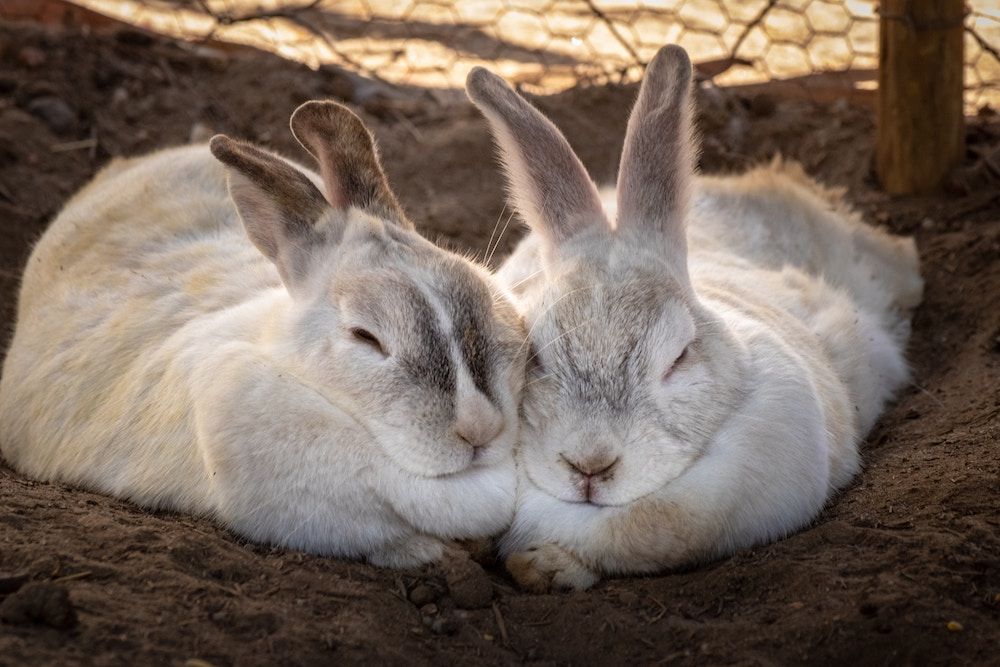Understanding Rabbit Nutrition: A Vet-Approved Guide
Rabbits, those delightful and social companions, bring joy to countless households. However, their well-being relies significantly on a carefully curated diet due to their sensitive digestive systems. It's essential for rabbit owners to be well-informed about what constitutes a rabbit-friendly diet to ensure their pets remain healthy and content.
Why Rice Is a No-Go for Rabbits:
Despite the versatility of rice in human diets, it is a strict no-no for rabbits. Rabbits are prone to gastrointestinal (GI) stasis, a condition where the passage of food through the GI tract slows down, leading to severe consequences if left untreated. Introducing too many carbohydrates and too little fiber, a common cause of GI upset, can be detrimental to a rabbit's well-being. Rice, high in starch carbohydrates and lacking in fiber, is challenging for rabbits to digest, potentially causing stress on their digestive systems and paving the way for GI stasis.
Ideal Rabbit Diet:
The foundation of a rabbit's diet should consist of high-quality hay and grass. These should be complemented with leafy greens and a measured amount of pellets. Timothy hay, orchard grass hay, or bromegrass hay are excellent choices due to their fiber-rich content, crucial for maintaining a healthy digestive system and keeping the continuously growing teeth of rabbits appropriately worn down.
Leafy greens play a vital role in a rabbit's diet, and options like spring greens, bok choy, dandelion greens, kale, cilantro, watercress, carrot tops, basil, beet greens, and broccoli greens are recommended. While root vegetables and fruits can be given as treats, they should be provided in moderation, as these are not part of a rabbit's natural diet in the wild. Care should be taken to avoid sudden dietary changes, and new vegetables should be introduced slowly. Lawnmower clippings, in particular, should be avoided to prevent digestive issues.
Feeding Frequency for Rabbits:
Rabbits are natural grazers, meaning they eat continuously throughout the day. Access to hay and clean water should be available at all times. Additionally, a moderate amount of fresh, leafy green vegetables can be offered, along with an appropriate portion of pellets once daily. It's crucial to follow the feeding guidelines provided by the manufacturer for commercial rabbit pellets and avoid overfeeding to ensure that rabbits maintain a balanced diet.
In conclusion, a well-balanced and carefully managed diet is crucial for the overall health and happiness of pet rabbits. Being aware of what rabbits should and should not eat, and adhering to a proper feeding schedule, can significantly contribute to the well-being of these delightful furry friends.






